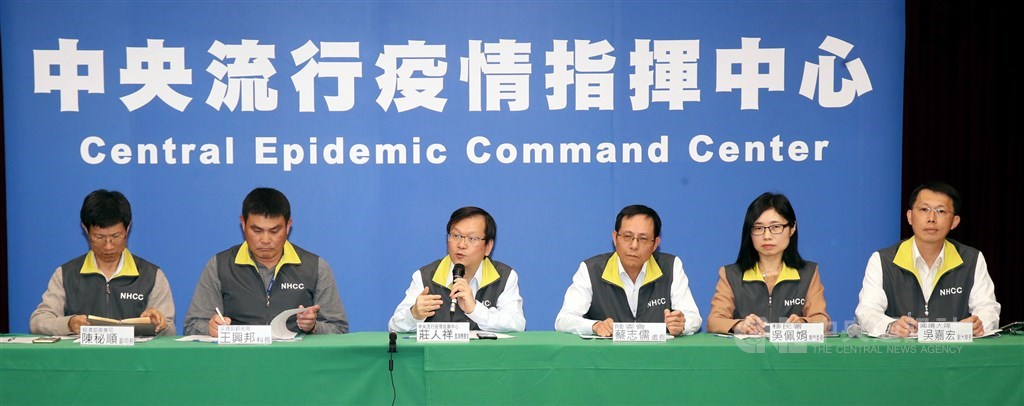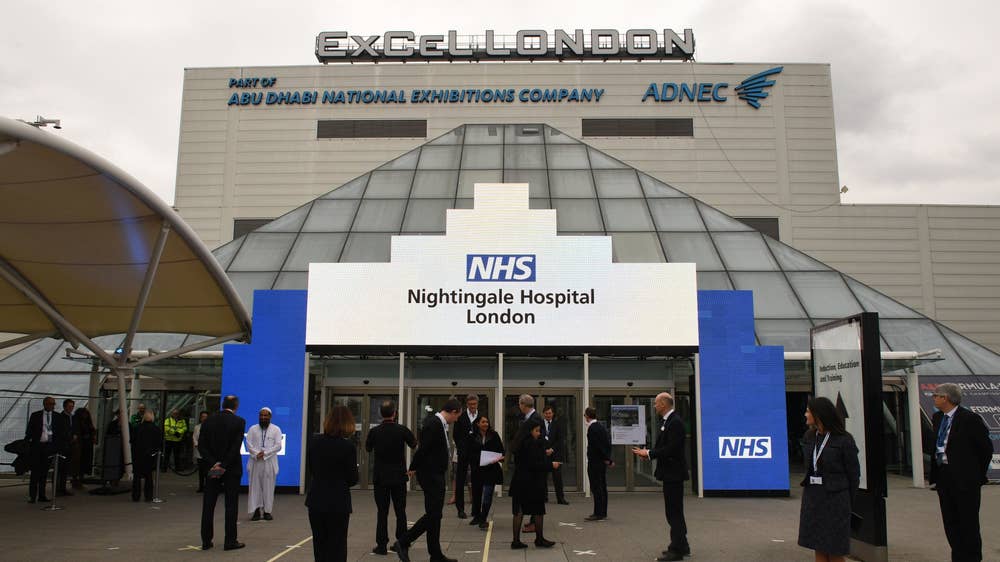 Western democracies, stunned by the speed of COVID-19 contamination, have had to come to terms with the emerging fact that they have been wrong-footed by a virus dispatched from an unregulated wet food market thousands of miles away.
Western democracies, stunned by the speed of COVID-19 contamination, have had to come to terms with the emerging fact that they have been wrong-footed by a virus dispatched from an unregulated wet food market thousands of miles away.
The Coronavirus crisis has created a new genre of pandemic preparedness and front line health care professionals caught up in the horror of its consequences remain poorly equipped with limited stocks of personal protective equipment, representing an unforgivable breach of the duty of care owed to them by their senior leaders and government officials – a breach of trust between the citizen and the state only previously observed by ‘lesser’ nations.
Resource Allocation
In the UK, the availability of chemicals used in the formula of testing kits has prevented the expedient roll-out of large-scale virus testing programmes. In the United States, diminishing supplies of equipment are being sold and despatched to the state governor with the deepest pockets, and not necessarily where the need is greatest and more urgent. The current crisis is shining a light on the very worst aspects of capitalism, where life-saving equipment is preserved for the highest bidder. The scramble for medical supplies continues to be grossly inefficient as a global pandemic requires a global response which is non-existent.
But there are lessons to be learned already beyond the initial lack of preparedness planning and equipment acquistion. In Taiwan for example, the Central Epidemic Command Centre (CECC), created as part of a national structure to manage major health crises in the aftermath of the SARS pandemic in 2003, has taken an active role in resource allocation underpinned by the use of technology.
The CECC set the price of masks and used government funds and military personnel to increase mask production. On 20th January, the Taiwan Centres for Disease Control (CDC) announced that the government had under its control a stockpile of 44 million surgical masks, 1.9 million N95 masks, and 1100 negative-pressure isolation rooms.

Taiwan's Central Epidemic Command Center has played a significant role in driving the pandemic response (Focus Taiwan)
The ability to respond so efficiently has been driven by advancements in Big Data which has revolutionised logistics analysis. The complex and dynamic nature of logistics during a global crisis, along with the reliance on many moving parts that can create bottlenecks at any point in the supply chain, has provided the perfect opportunity for Big Data driven logistics analysis to showcase its value. Big Data logistics was used to optimise routing, to streamline factory functions, and to give transparency to the entire supply chain serving to increase resilience and providing reassurance to the Taiwanese population that it is prepared to combat COVID-19.
Military Aid
The effective response in Taiwan also provides evidence of the innovative use of the military to support civil power beyond their traditional role when local authorities capacity is overwhelmed. In many nation’s across the world the military has provided support to civil authorities through repatriation flights to bring citizens home, they have built field hospitals, and are being used to deliver virus testing programmes and to respectfully ferry the dead from mortuaries to crematoriums.
In the UK, specialist military planners are being embedded within Local Resilience Forums, providing support, guidance and advice to public services, local authorities and emergency services in preparing their response at the most level to the COVID-19 outbreak.
The UK military have also played an integral role in converting a London exhibition centre into the largest hospital in the world within just 9 days. Over 200 army engineers helped construct the temporary London NHS Nightingale Hospital, accommodating up to 4,000 patients, which is a remarkable feat for all concerned, and a timely reminder of the professionalism and task-driven efficiency of armed forces personnel.

The UK's Nightingale Hospital has over 4000 beds and was built in under two weeks with support from the Armed Forces. (The Independent)
Catalyst for Change
Military leaders have not said much in public about the pandemic preparedness of civil authorities, in part because they are, quite rightly, reluctant to become involved in providing critical feedback at a time when all efforts of their mission must be focused on combatting the crisis. Nevertheless, the observations of military personnel of all ranks and responsibilities deployed to support civil powers must be captured to ensure lessons can be learned.
Throughout history, pandemics and other major crisis have only served to deepen the resolve of governments to develop and strengthen their response. The COVID-19 crisis will doubtless provide the genesis for the development of a stronger and more sophisticated approach to preventing pandemics. Yet beyond resolute determination, such events must instil a re-dedication to preparedness so that all in authority can embed developments to ensure that the primary driver for change in pandemic preparedness is not simply the next health crisis.
No comments:
Post a Comment